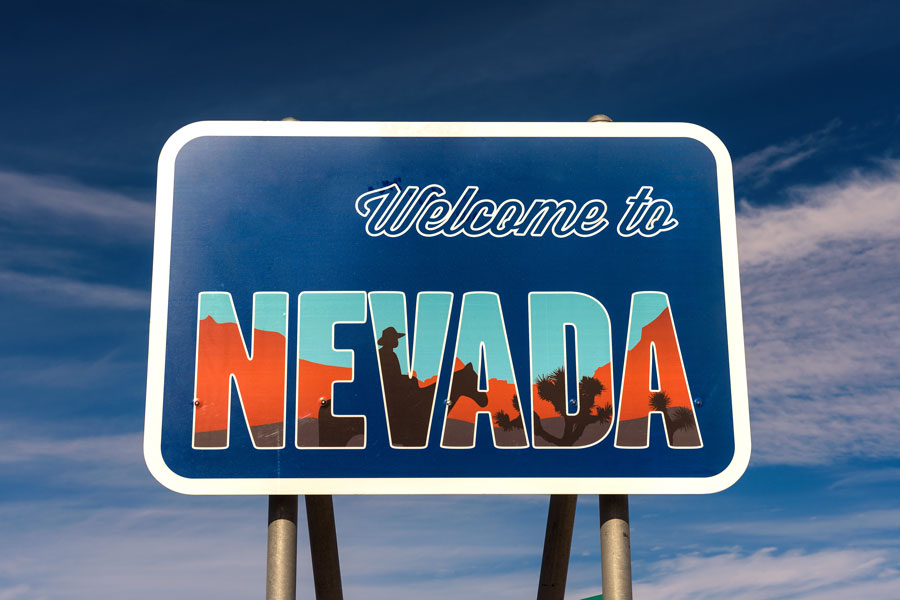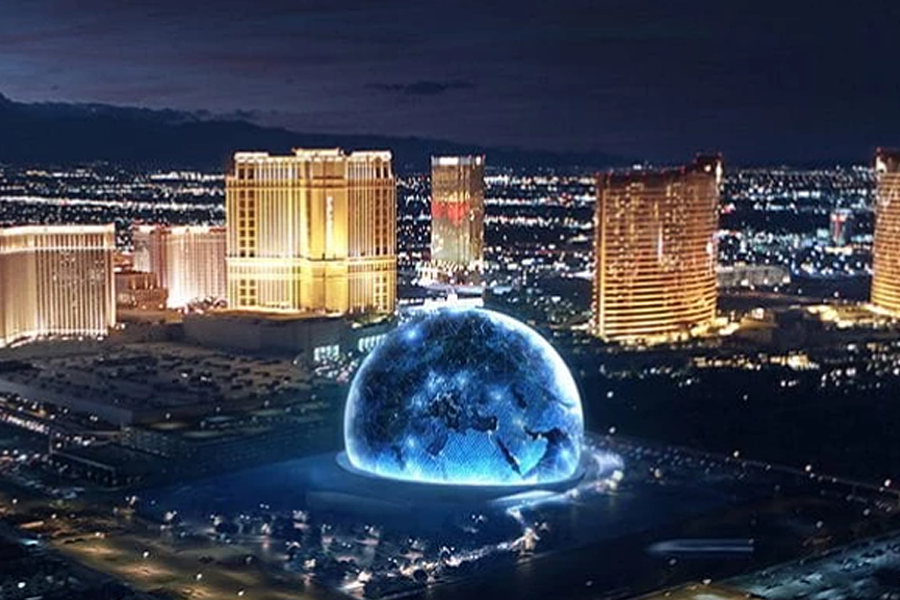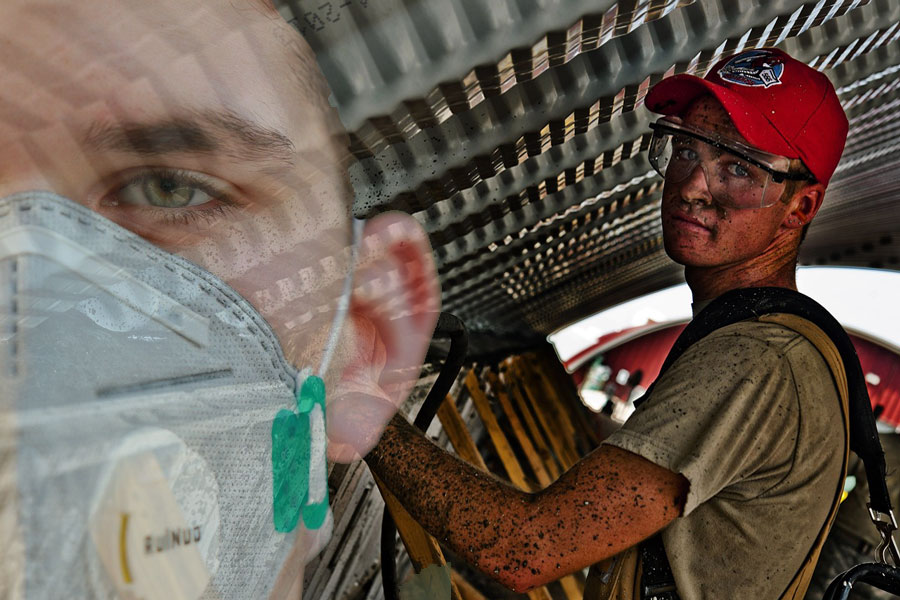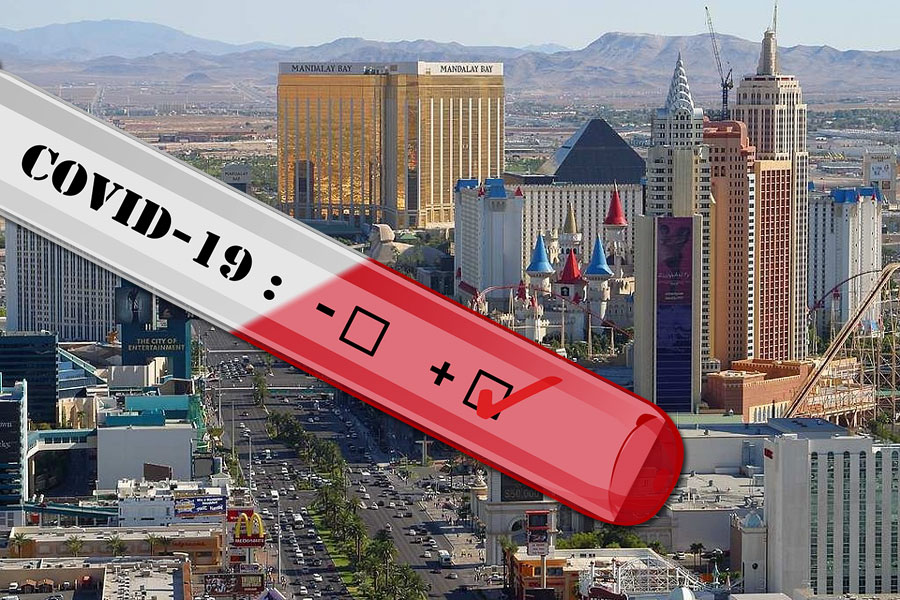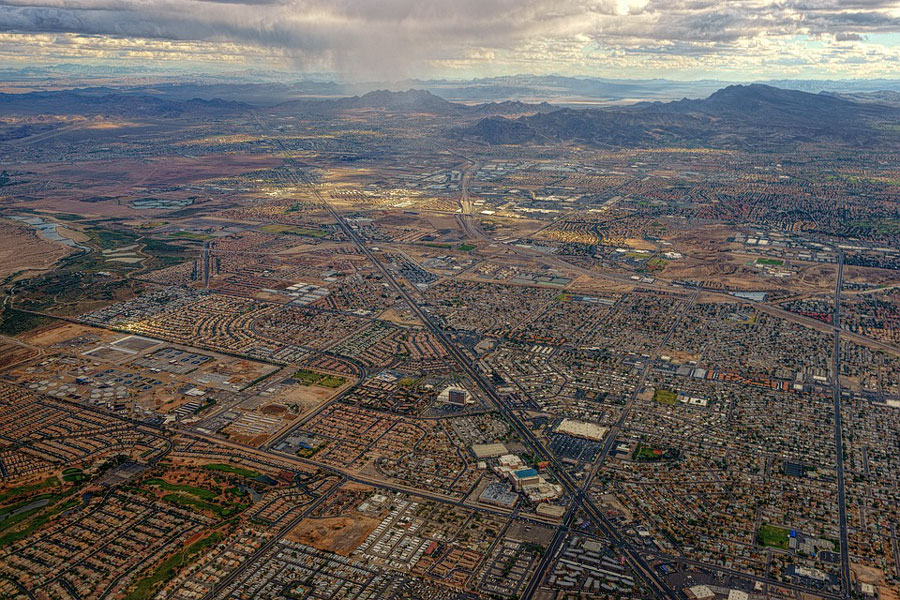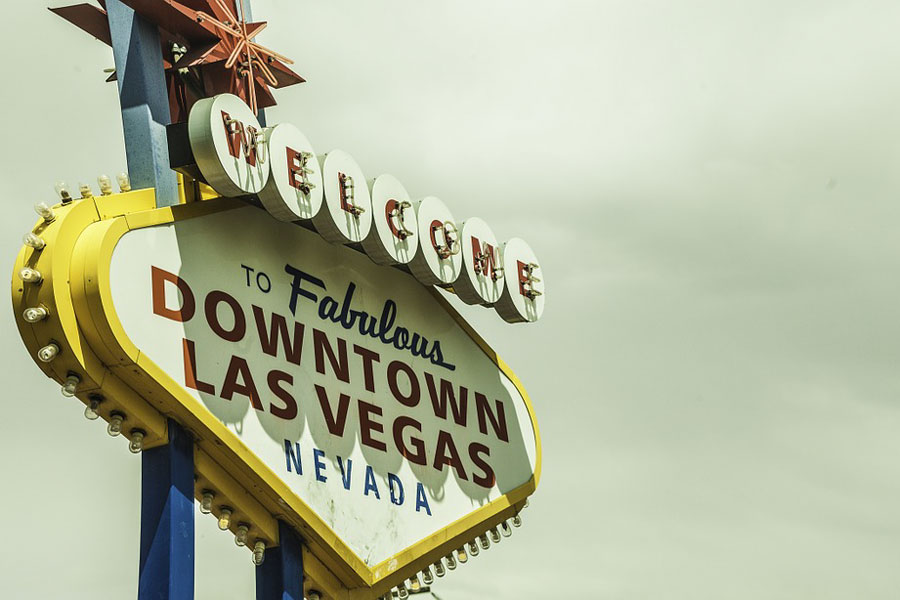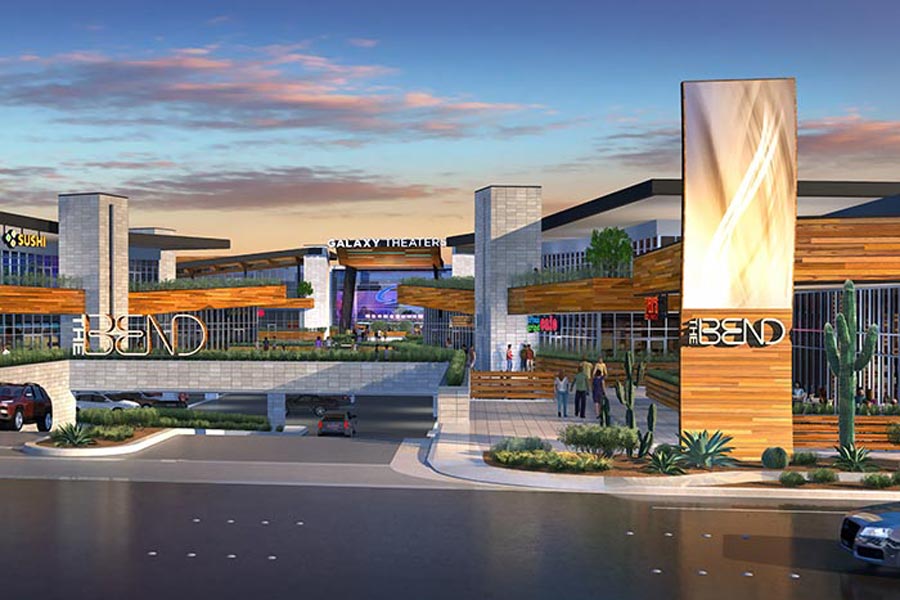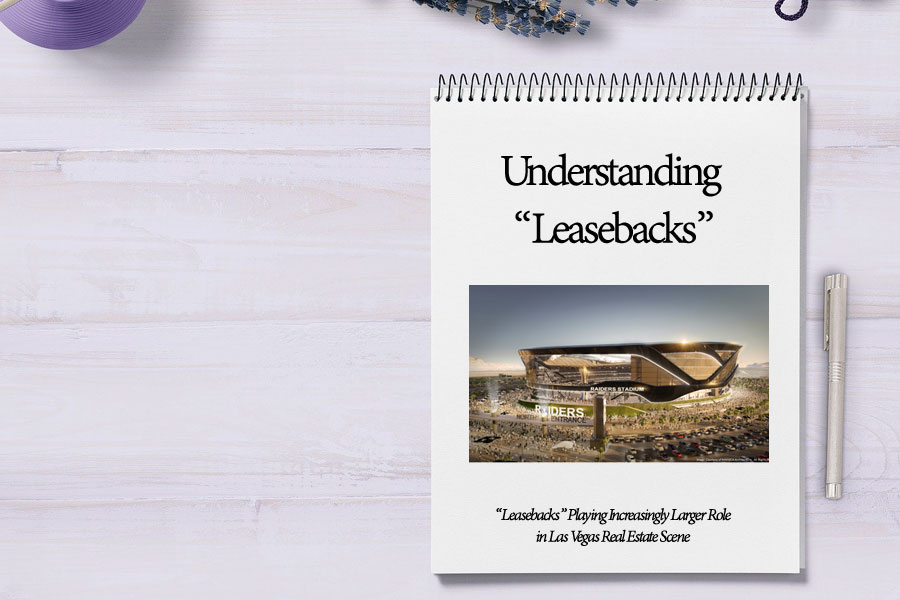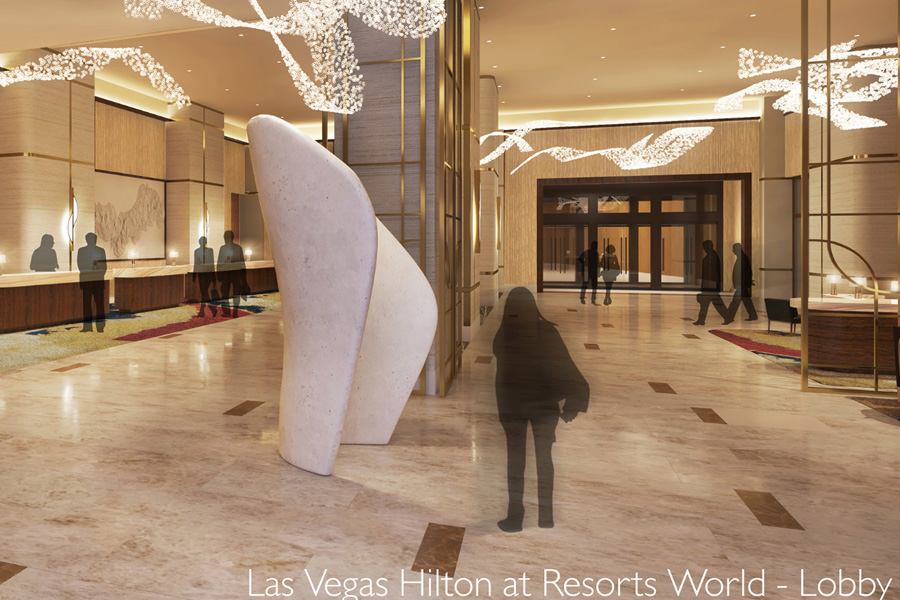LAS VEGAS, NV – The Nevada Occupational Safety and Human Administration (NV OSHA) recently sent safety guidelines to construction companies state-wide, documenting precautions and procedures to adhere to in the wake of the ongoing coronavirus pandemic sweeping the nation.
In light of recent “stay at home” orders issued to help curb the spread of the coronavirus outbreak, construction in Nevada has been deemed an “essential” business, allowing development projects to currently remain in effect.
However, in light of some construction workers testing positive for COVID-19 – the respiratory illness caused by exposure to the coronavirus – NV OSHA Chief Administrative Officer Jess Lankford sent out a letter to active construction sites in the state, outlining personnel safety procedures that must be adhered to going forward, including social distancing guidelines.
“It is visibly obvious that employees are still being directed/allowed to work in close proximity [less than 6 feet apart] to other staff,” Lankford’s letter said.
The guidelines outlined in the NV OSHA letter include the following:
- Restrict meetings, safety meetings//tailgate talks, and gatherings to no more than 10 people.
- Establish effective social distancing protocols, which ensure that staff maintain a 6 foot personal separation from other staff during meetings, discussions, etc., where 10 people or less are present. Ensure that social distancing protocols are maintained during operation of mobile service equipment designed for two or more passengers.
- Provide sanitization and cleaning supplies for addressing common surfaces in multiple user mobile equipment and multiple user tooling.
- Maintain 6 foot separation protocols for labor transportation services, such as buses, vans, etc.
- Conduct daily surveys of changes to staff/labor health conditions. NV OSHA is emphasizing the need for construction leadership to be working with and aware of the health and well-being of its labor force. Many leaders in the construction industry have implemented entry surveys of labor health conditions that have, and may, include temperature scans and in person Q&A.
- Ensure that any identified first responders in the labor force are provided and use the needed personal protective equipment (PPE) and equipment for protection comes from communicable or infectious disease.
- Provide access to portable and sanitary water.
In order to ensure that all developers are in compliance with these guidelines, NV OSHA noted that they would be sending representatives to randomly inspect construction sites; penalties for non-compliance could range from fines all the way up to the full closure of a project. Recently, workers at the Resorts World and the Raiders’ Allegiant Stadium construction sites were confirmed to have tested positive for COVID-19.
Shelter Realty Property Management specializes in the areas of Henderson, Las Vegas and North Las Vegas, NV. Feel free to give us a call at 702.376.7379 so we can answer any questions you may have.
Christopher Boyle is an expert investigative journalist for SEARCHEN NETWORKS® and reports for independent news and media organizations in the United States. Christopher keeps a keen-eye on what’s happening in the Vegas real estate market on behalf of Shelter Realty Property Management


